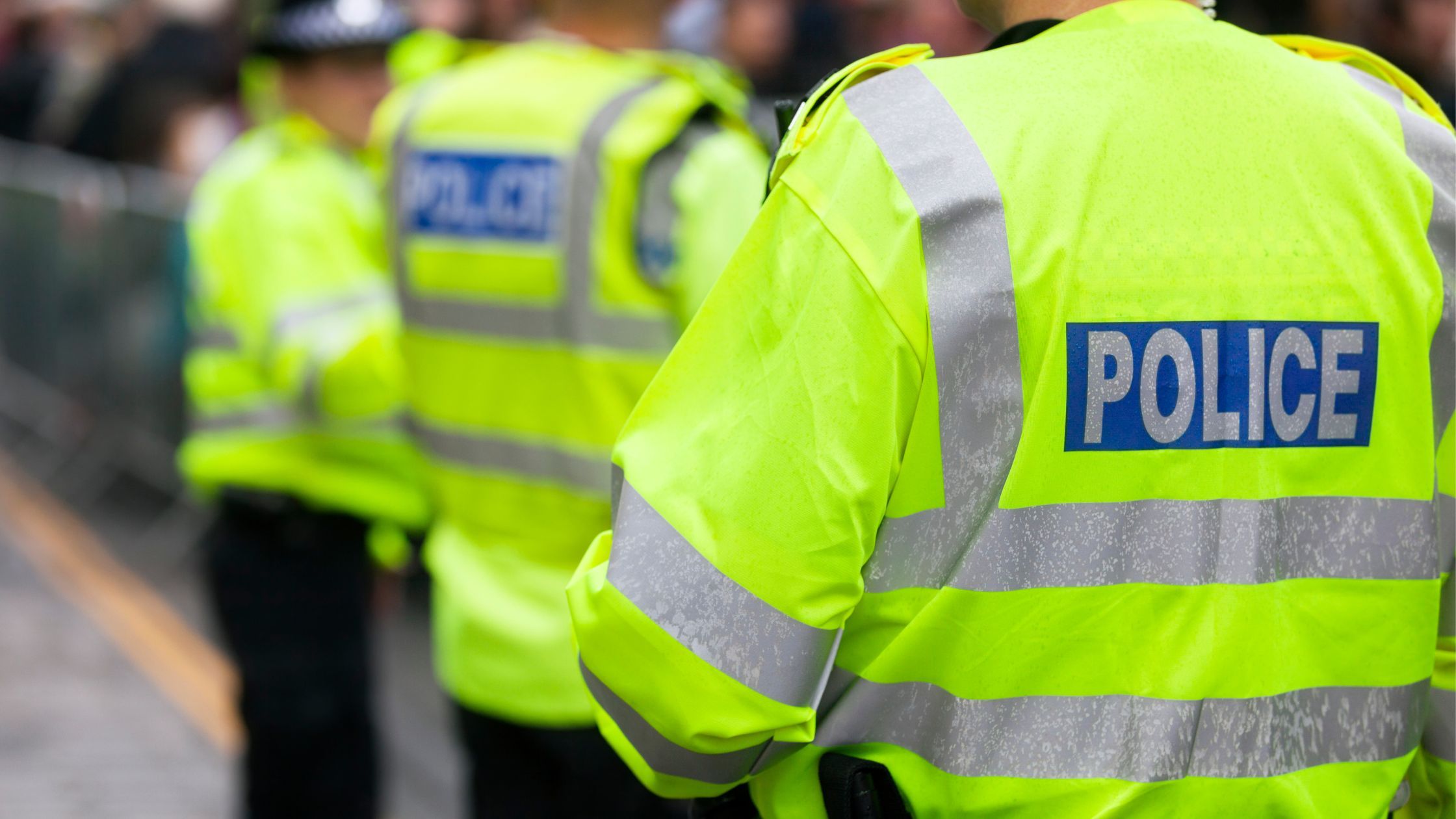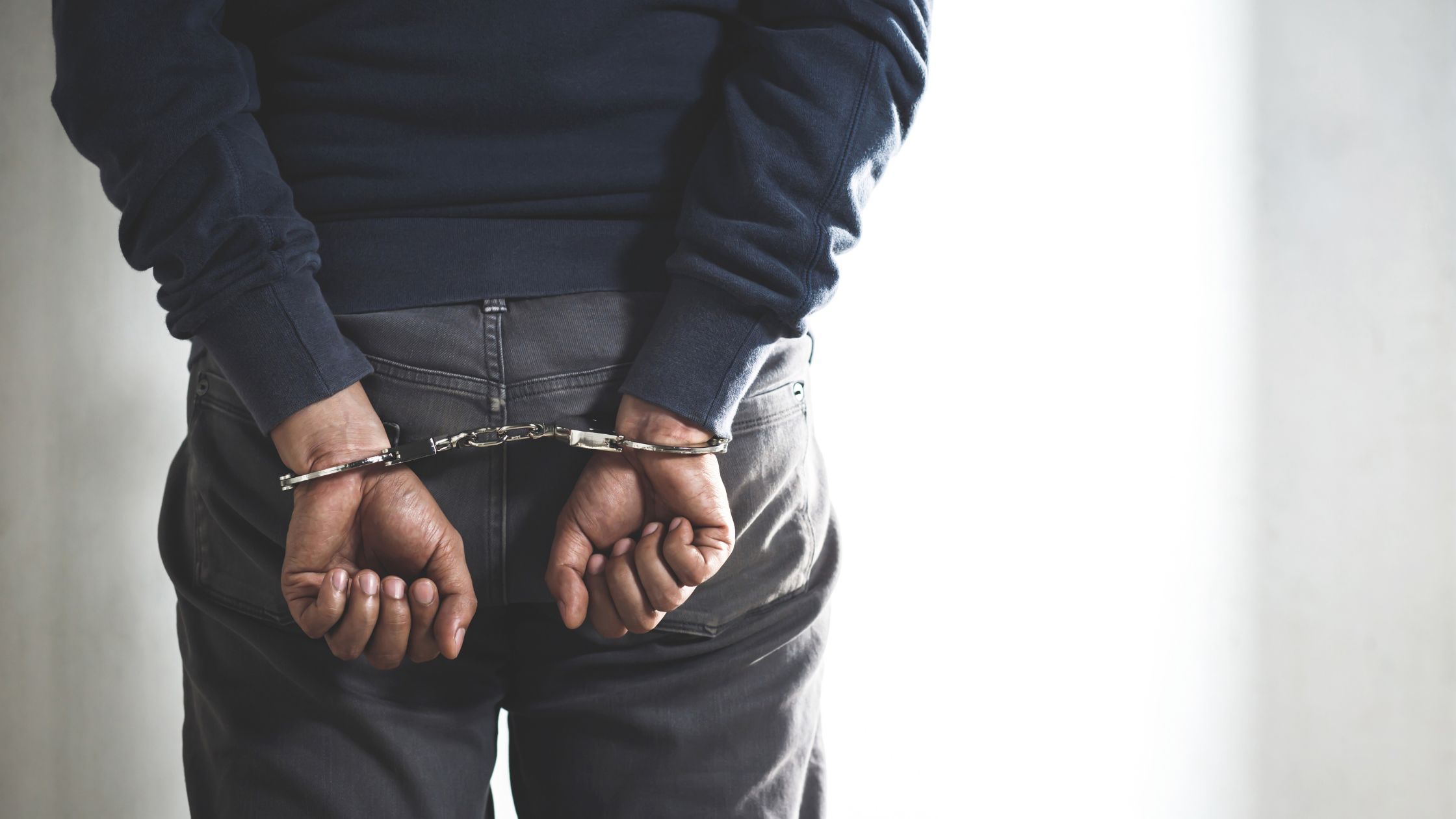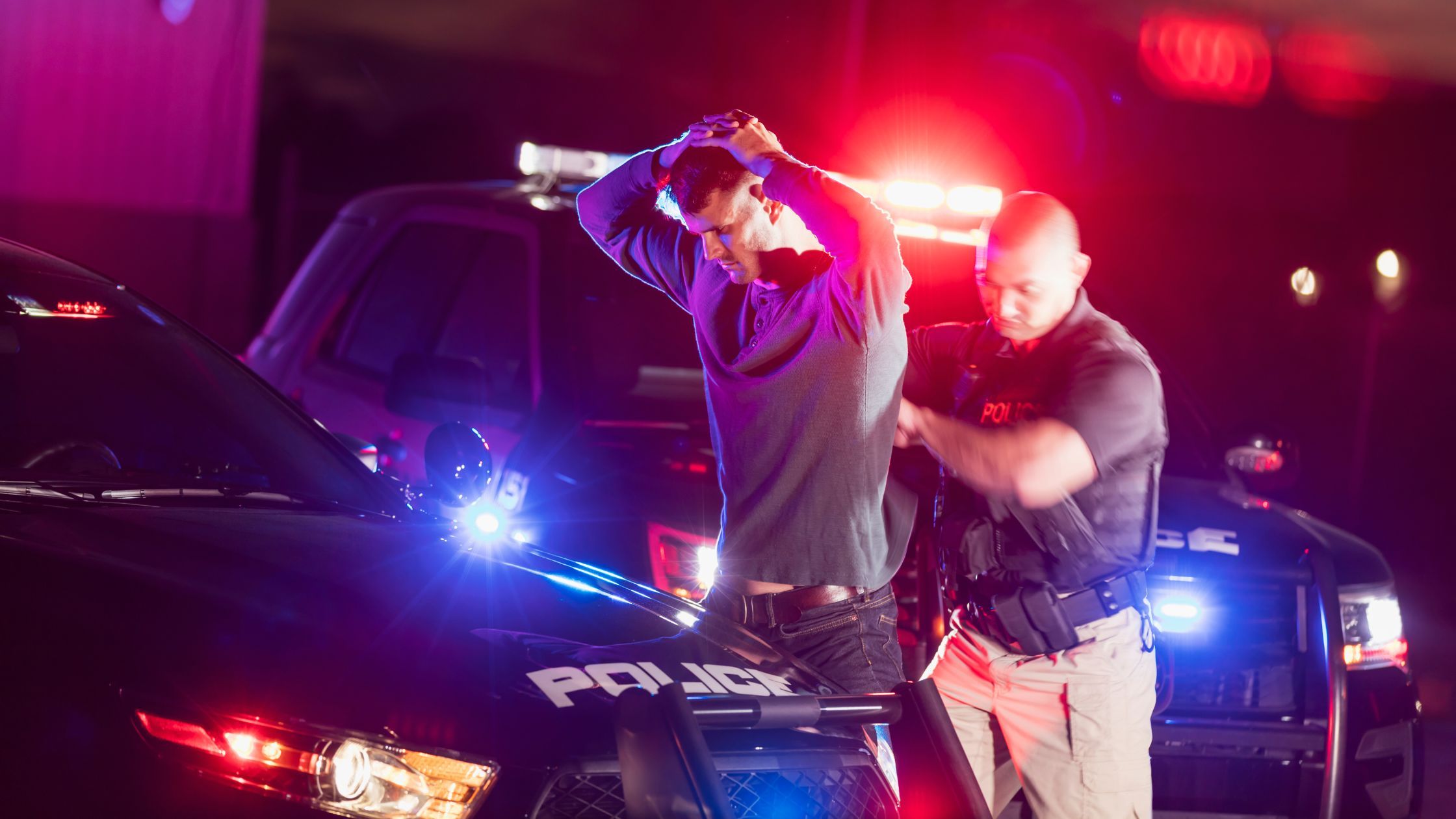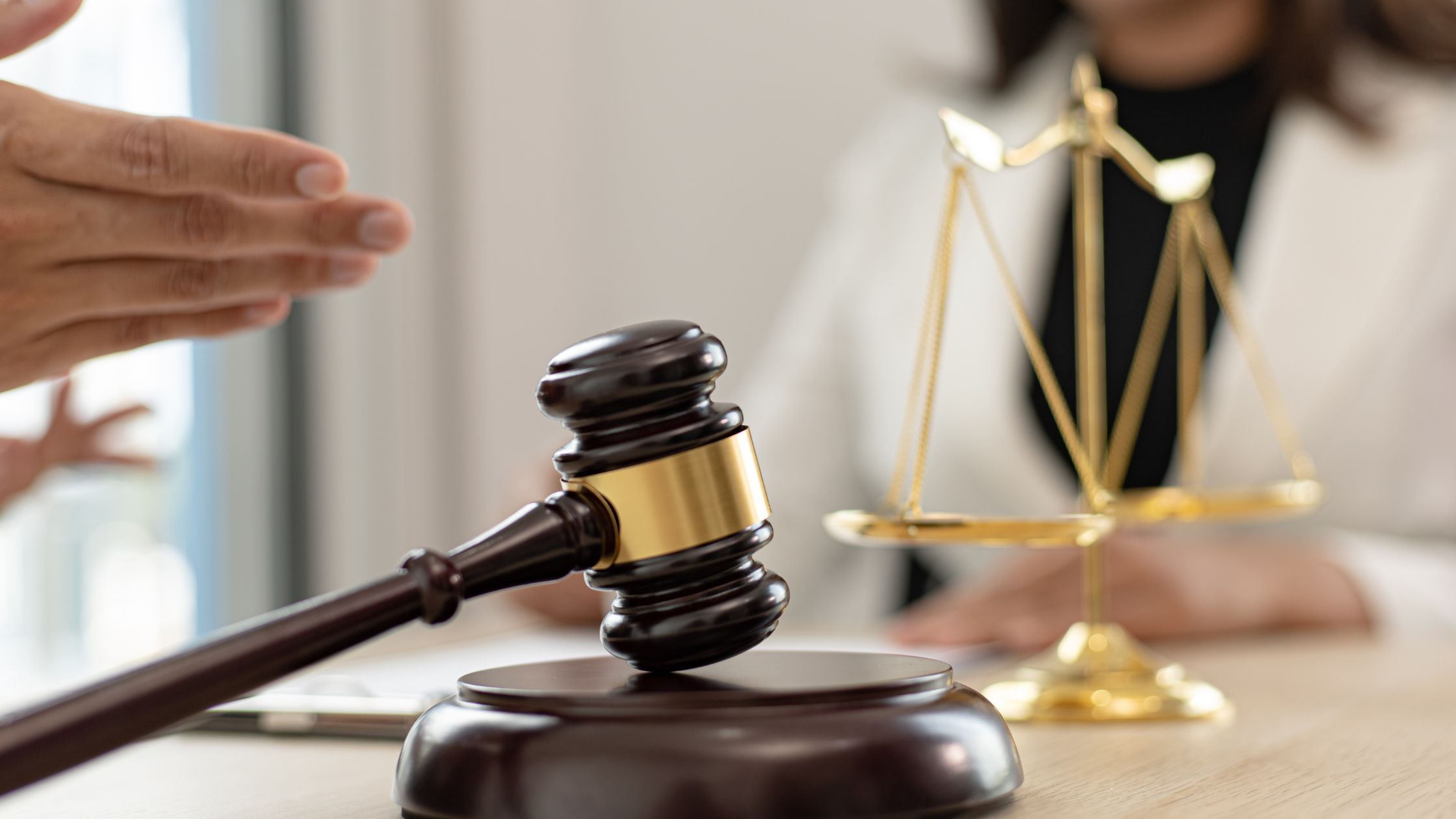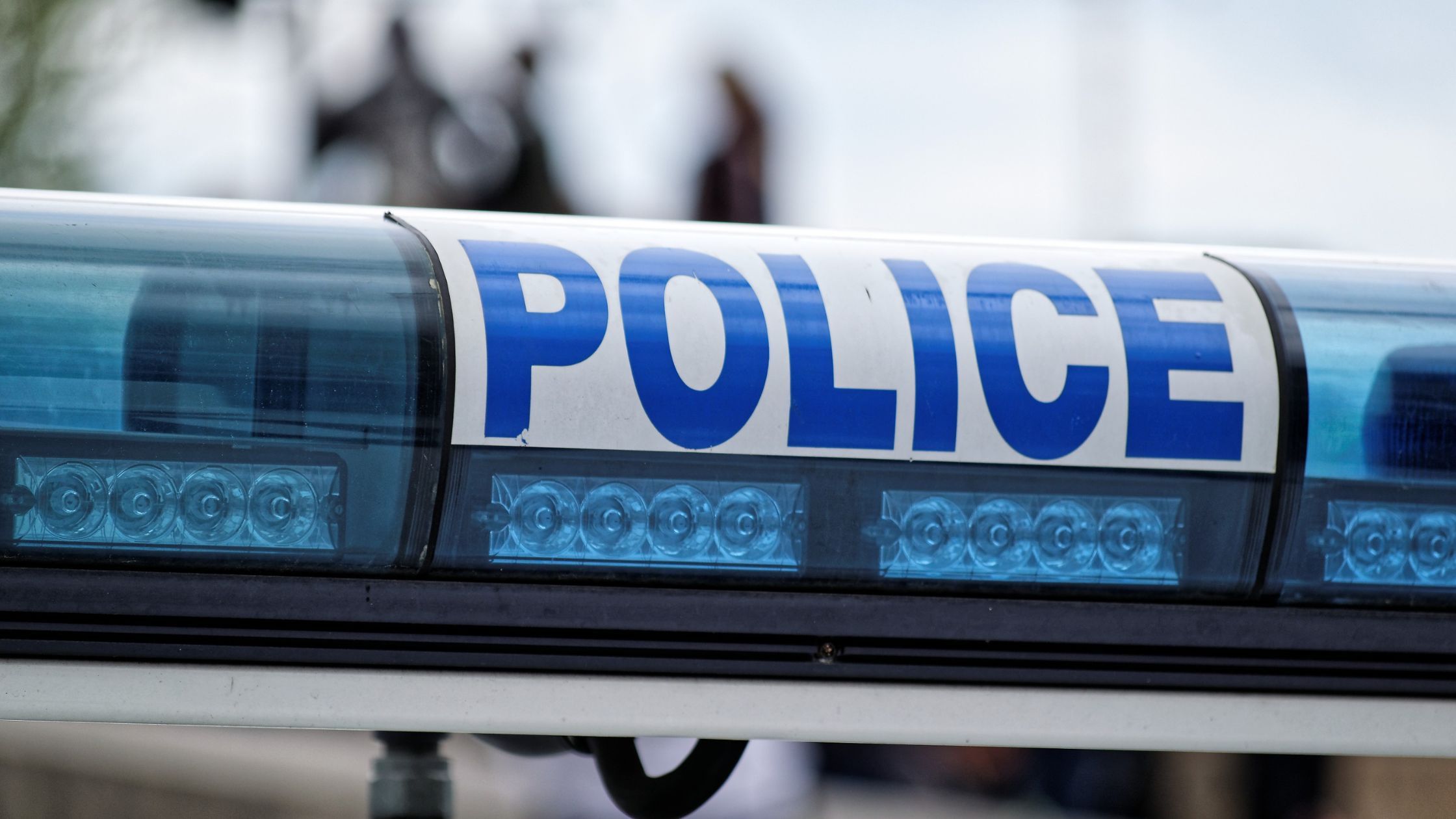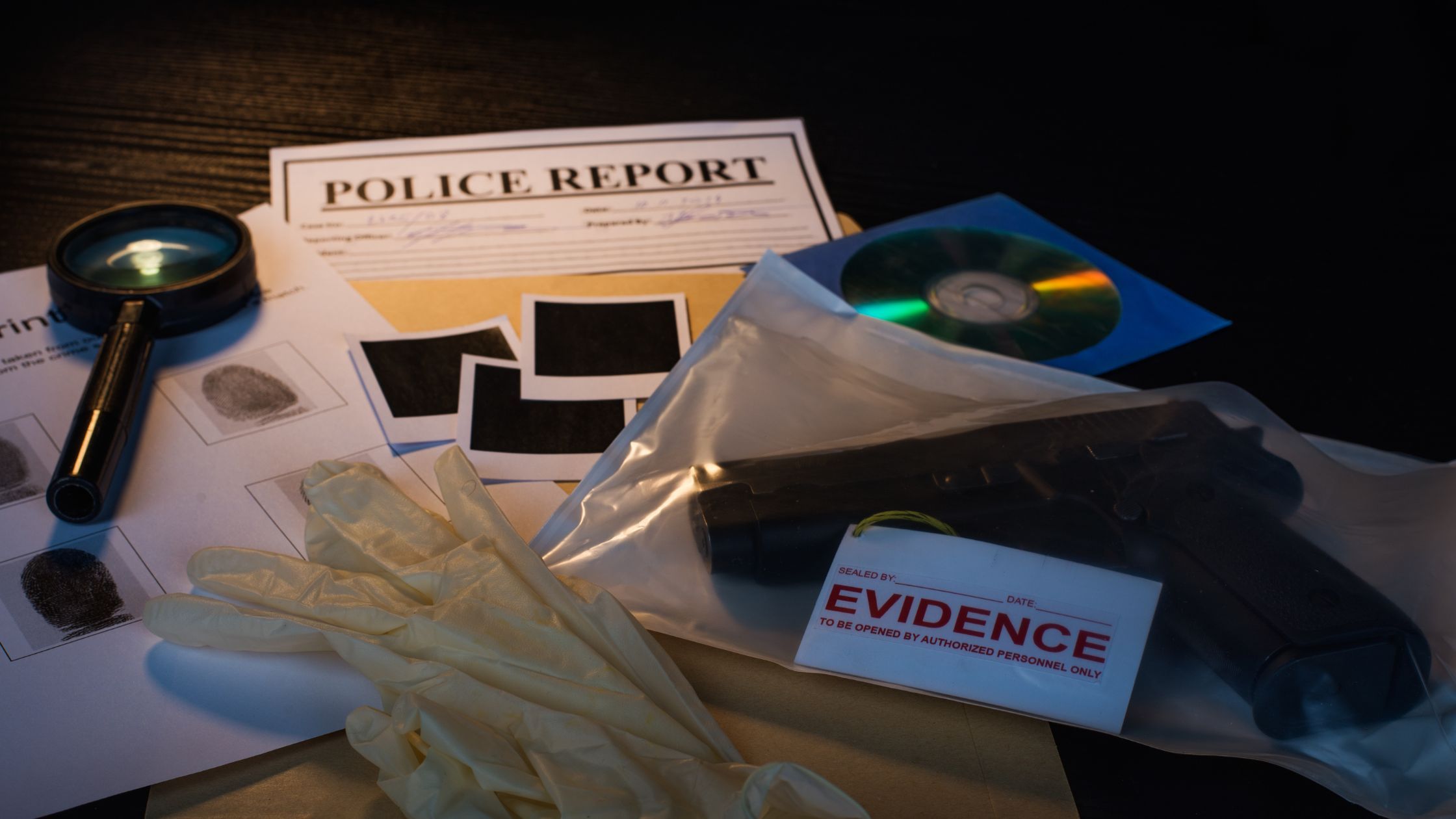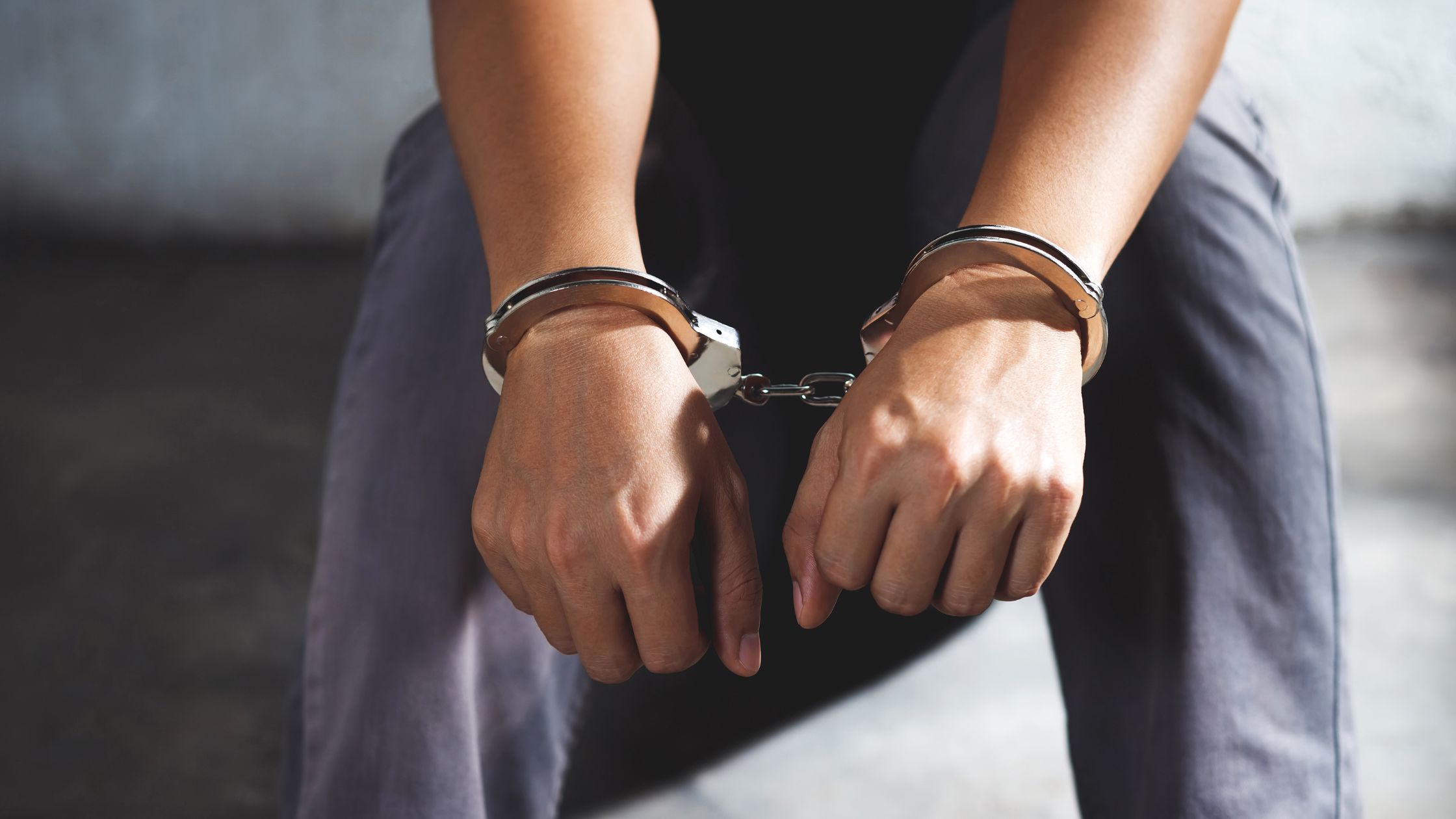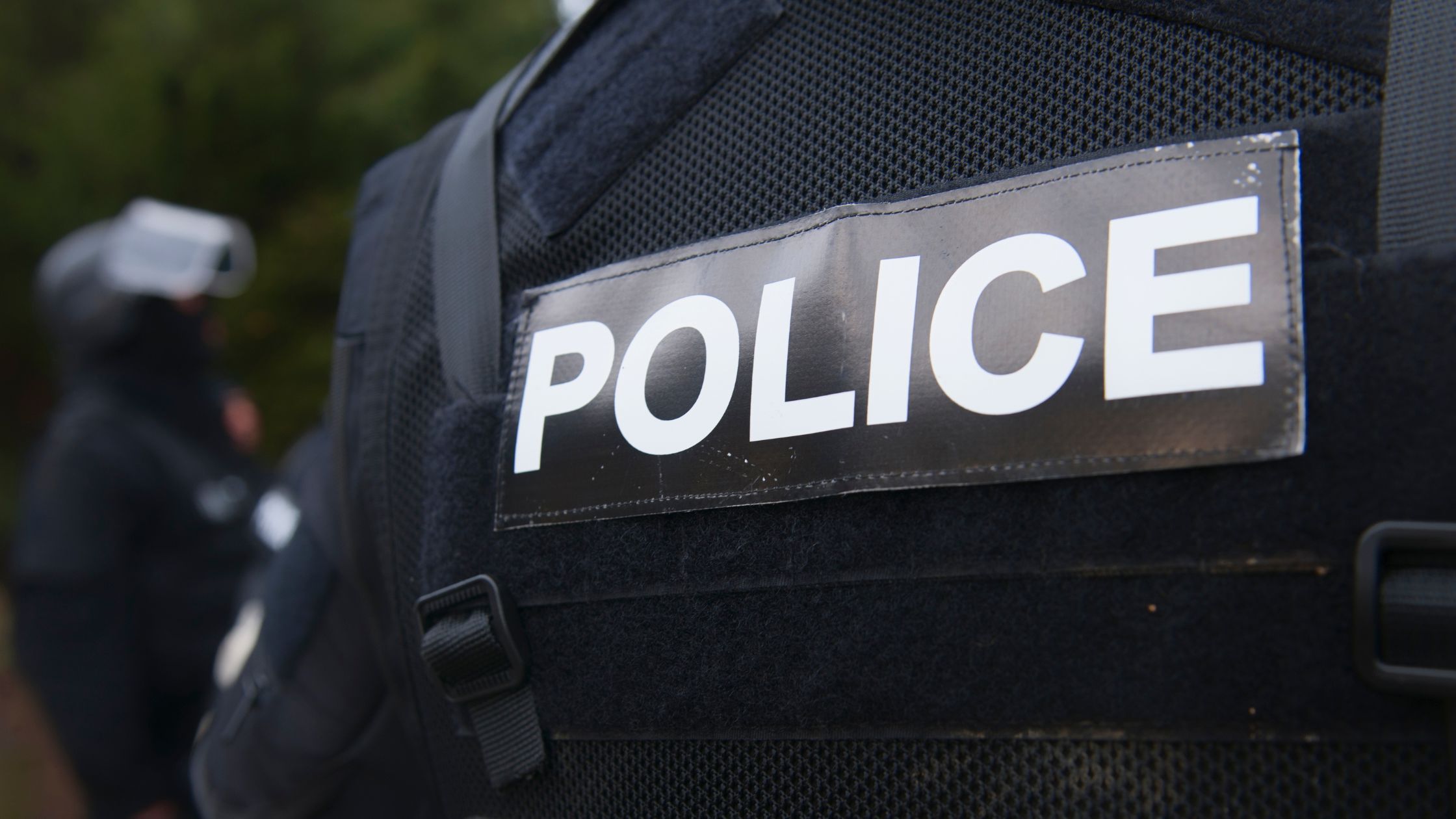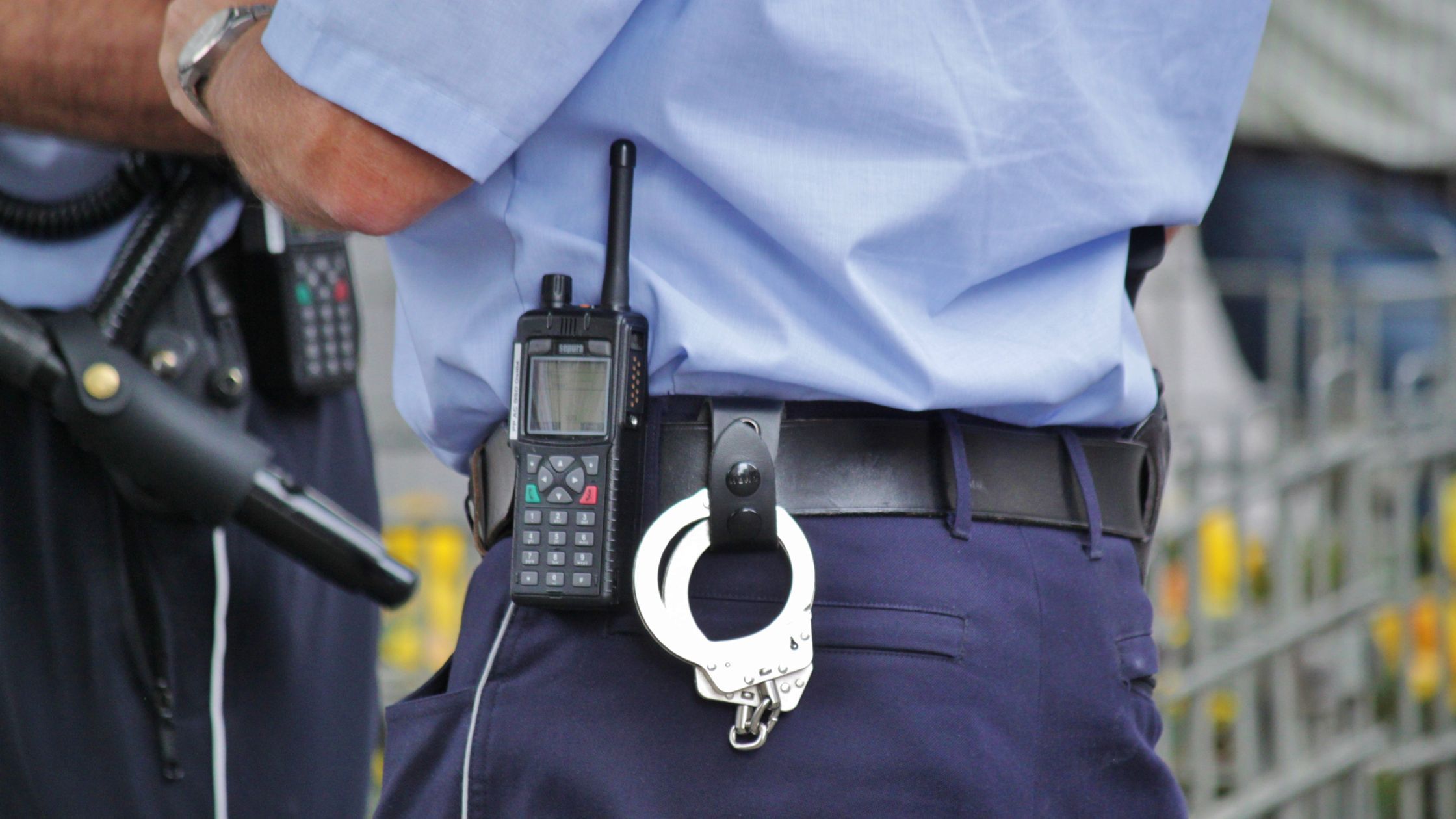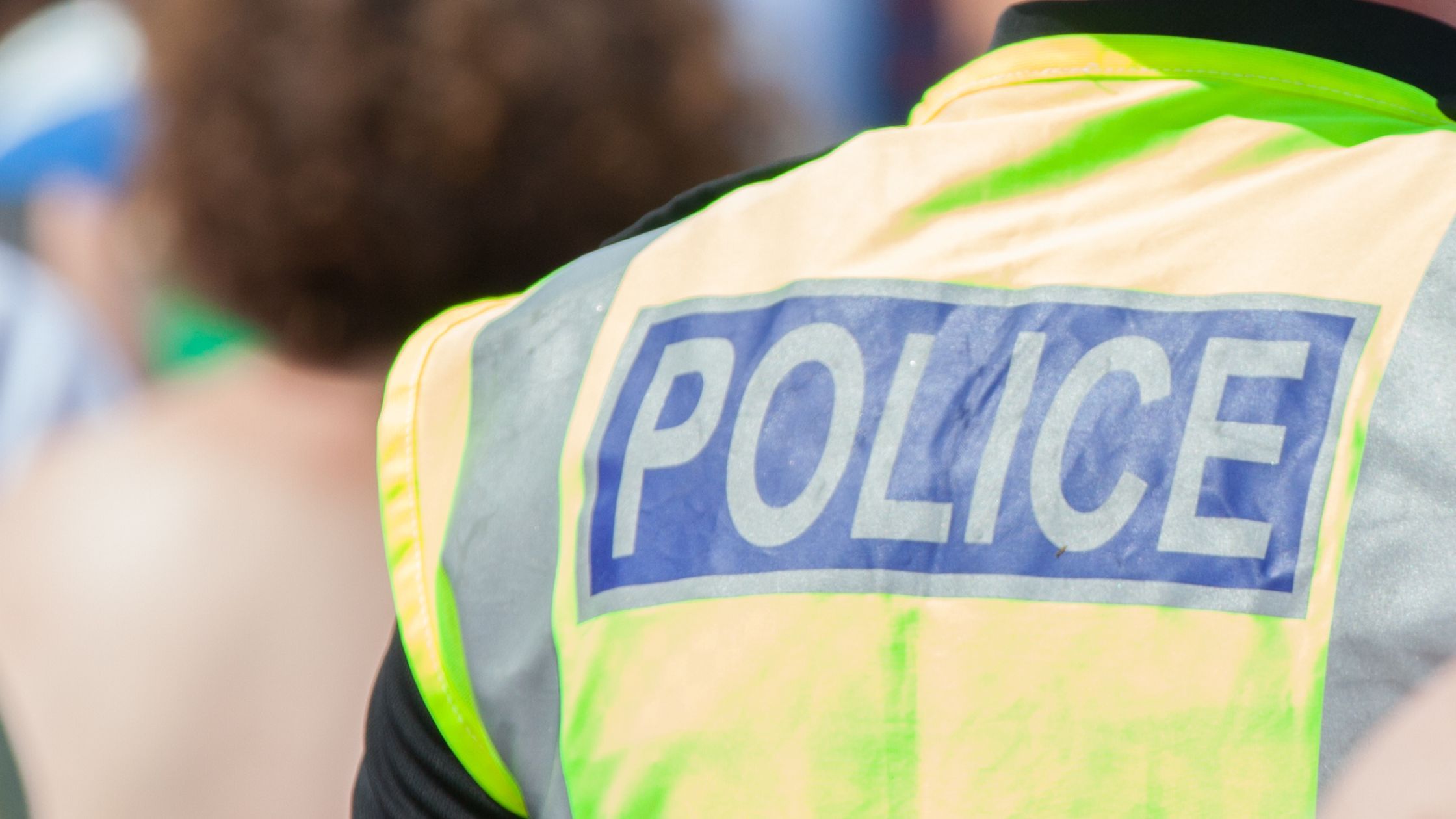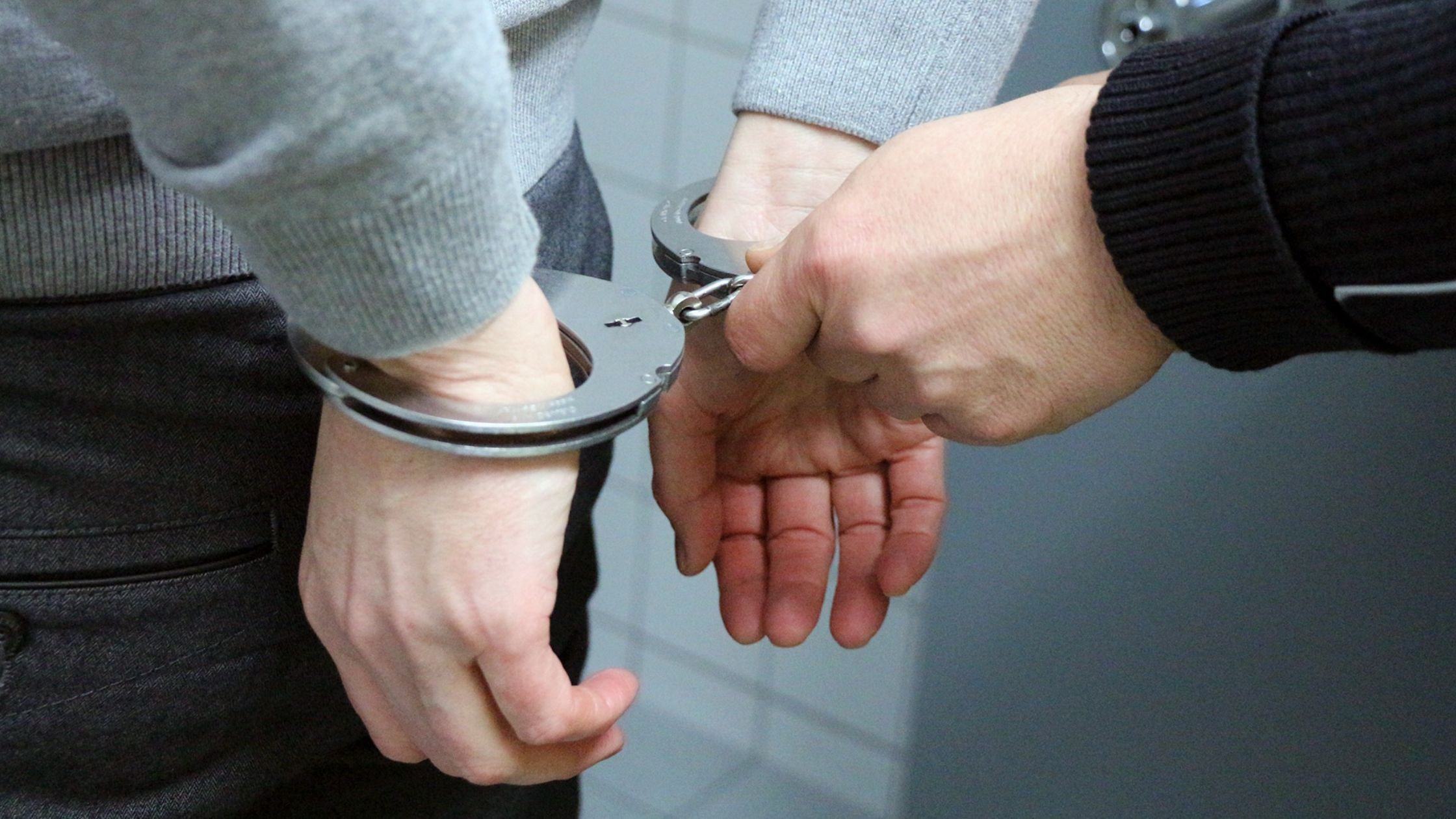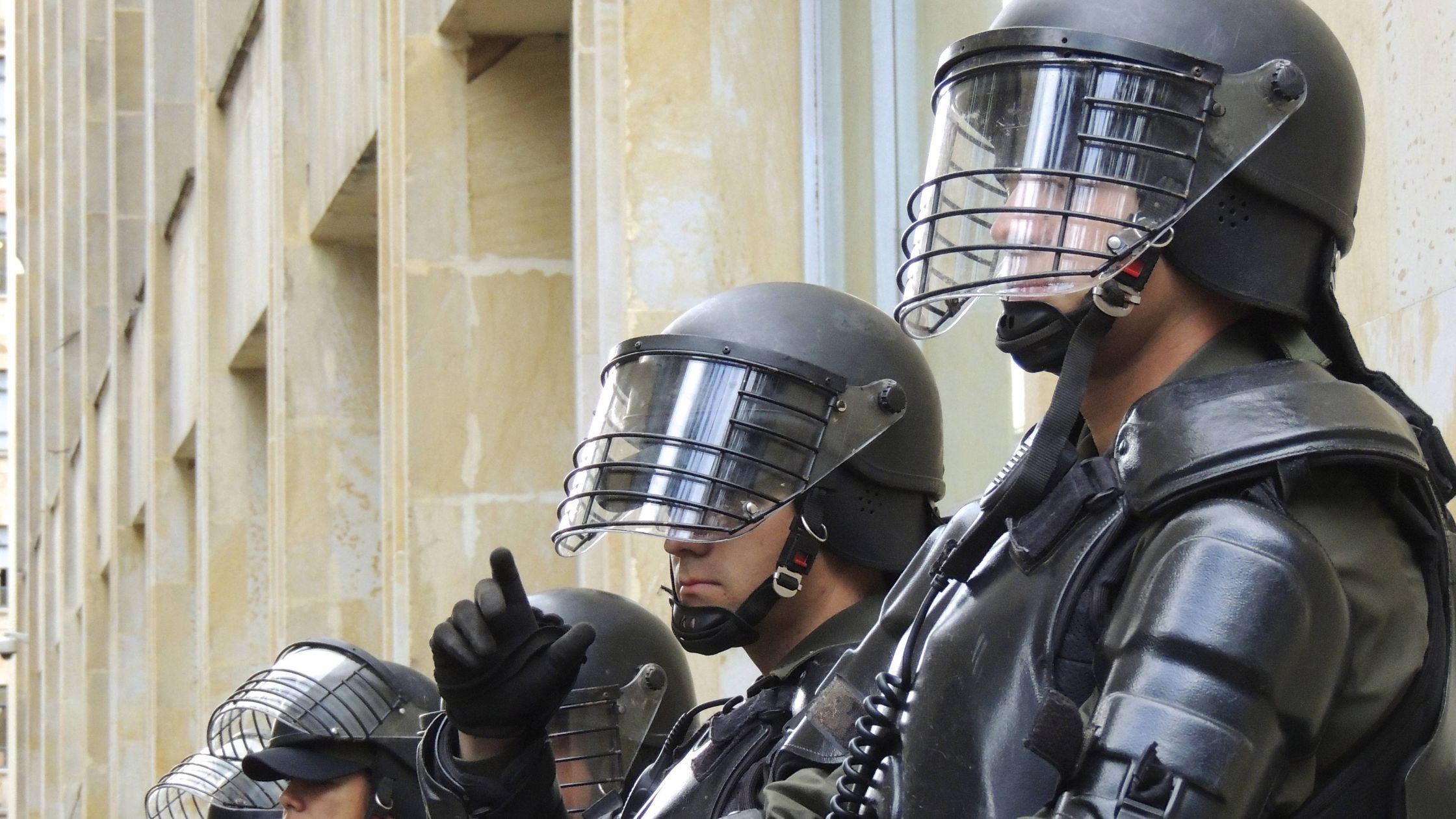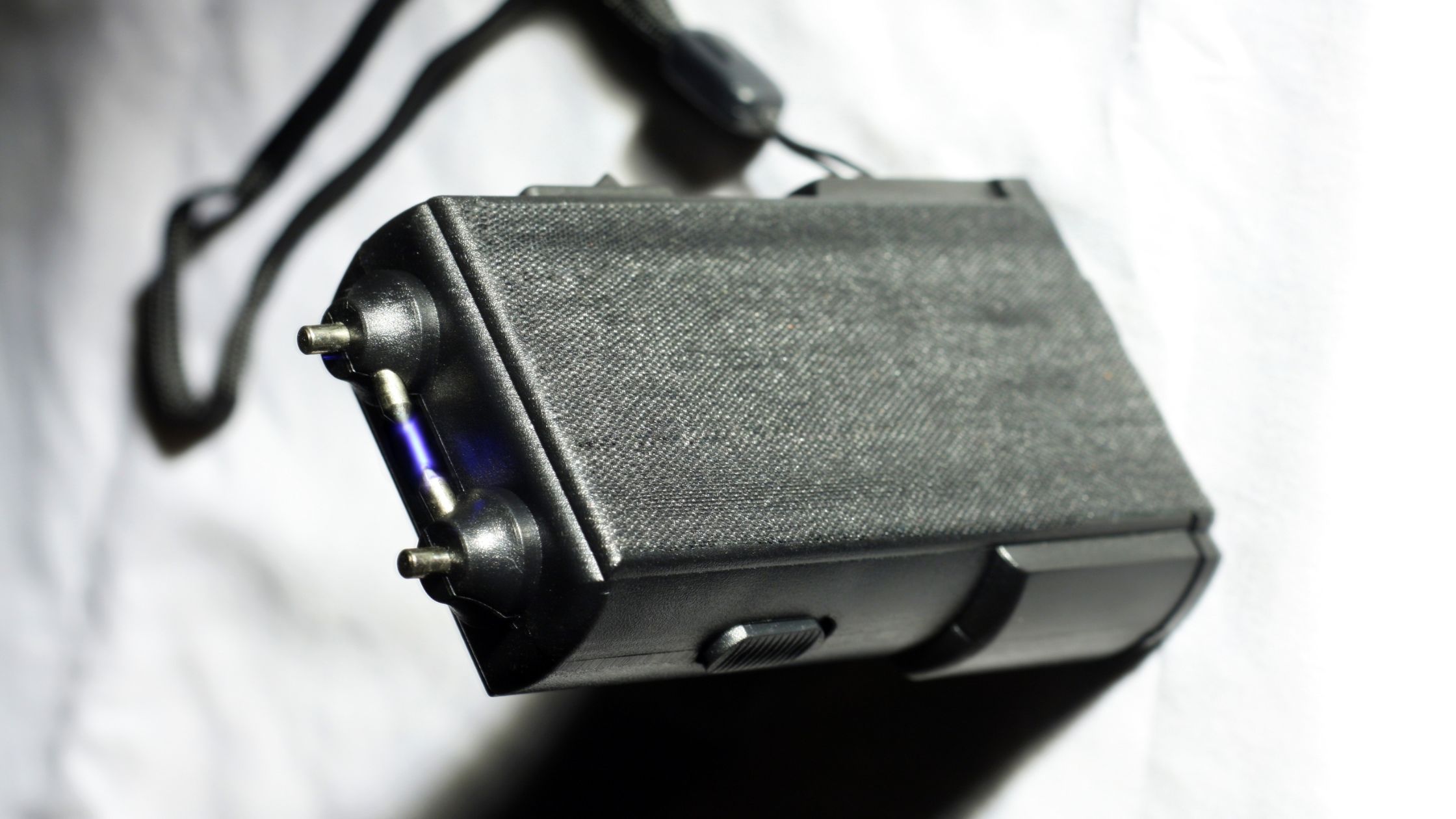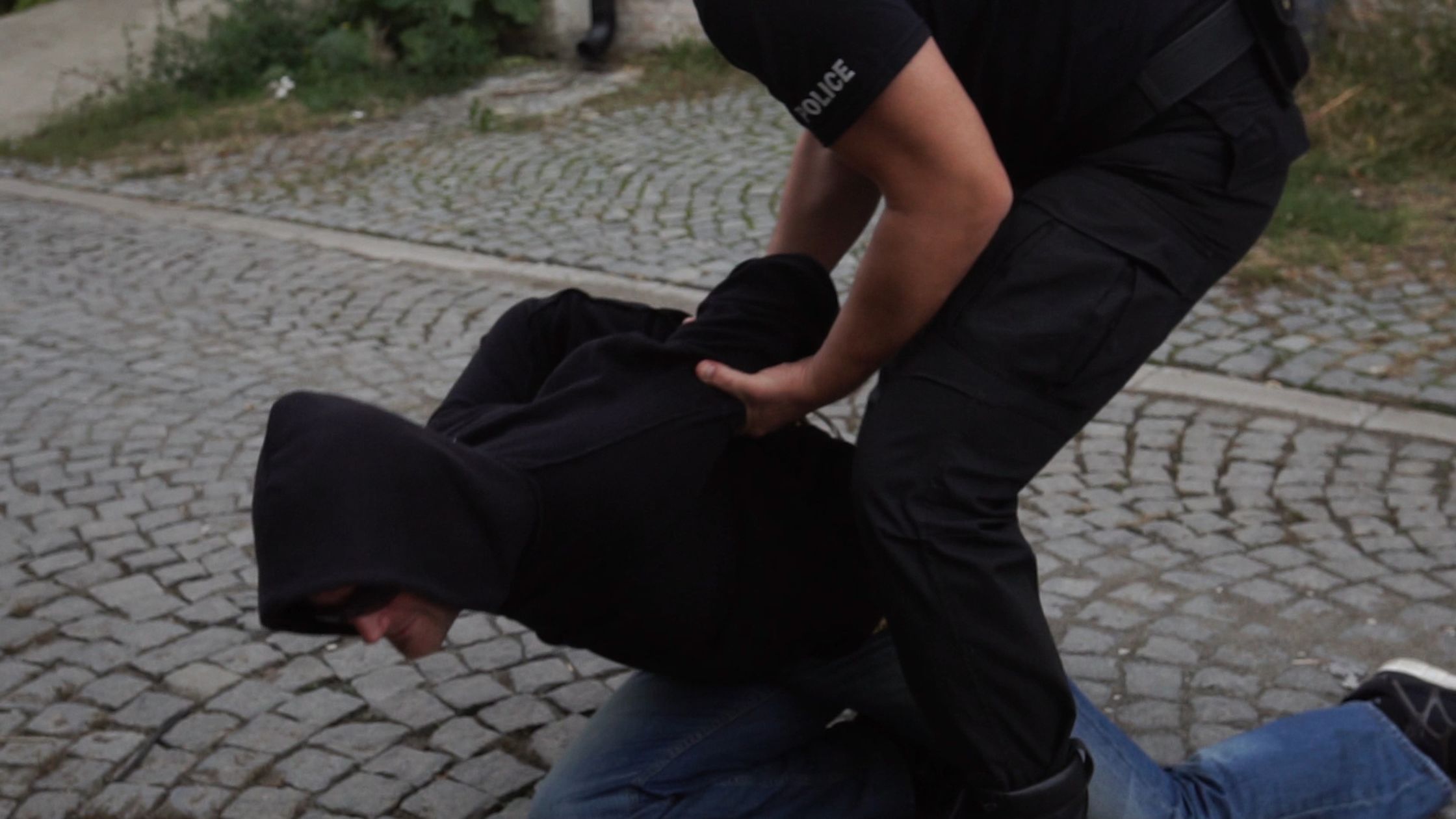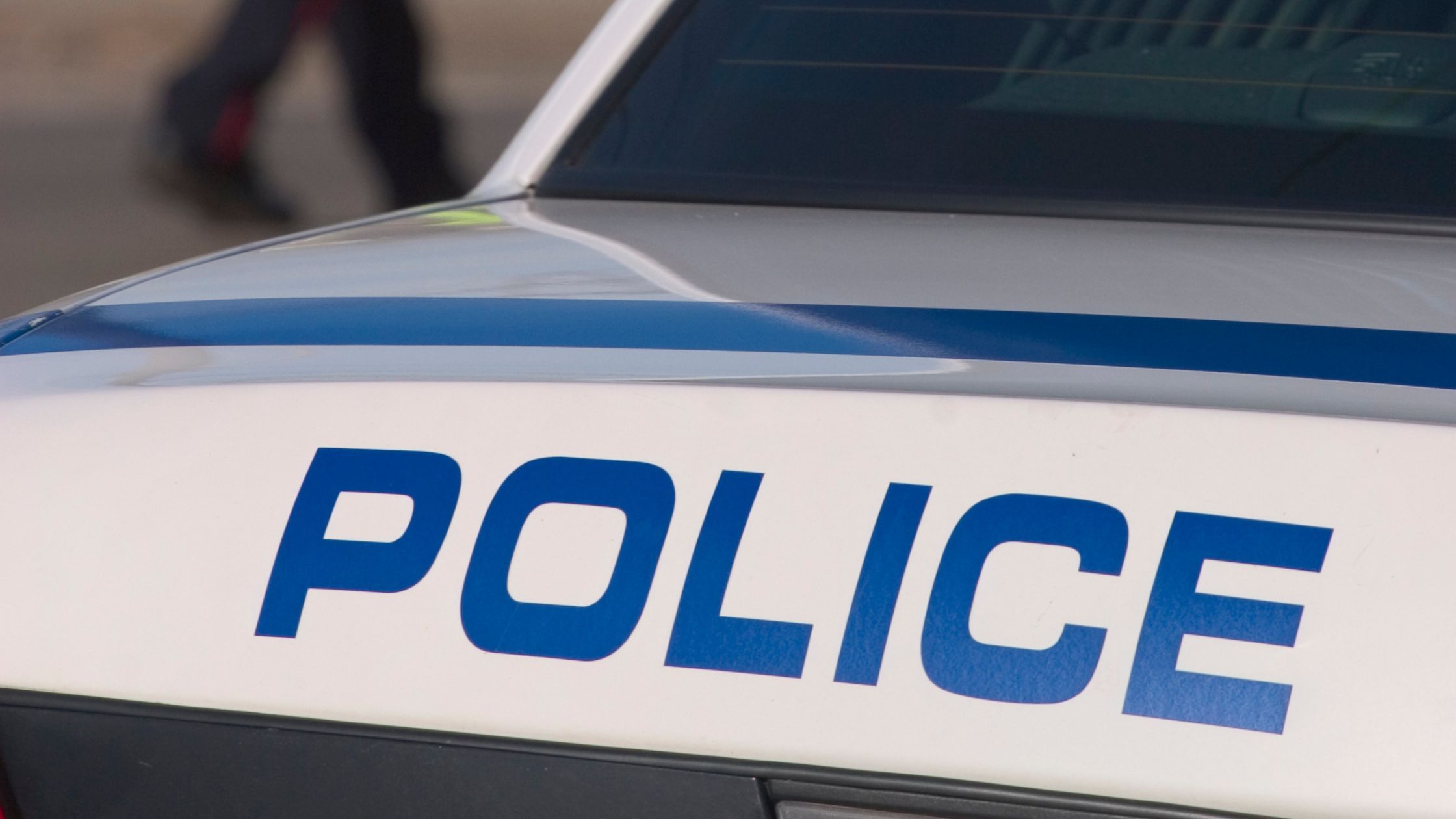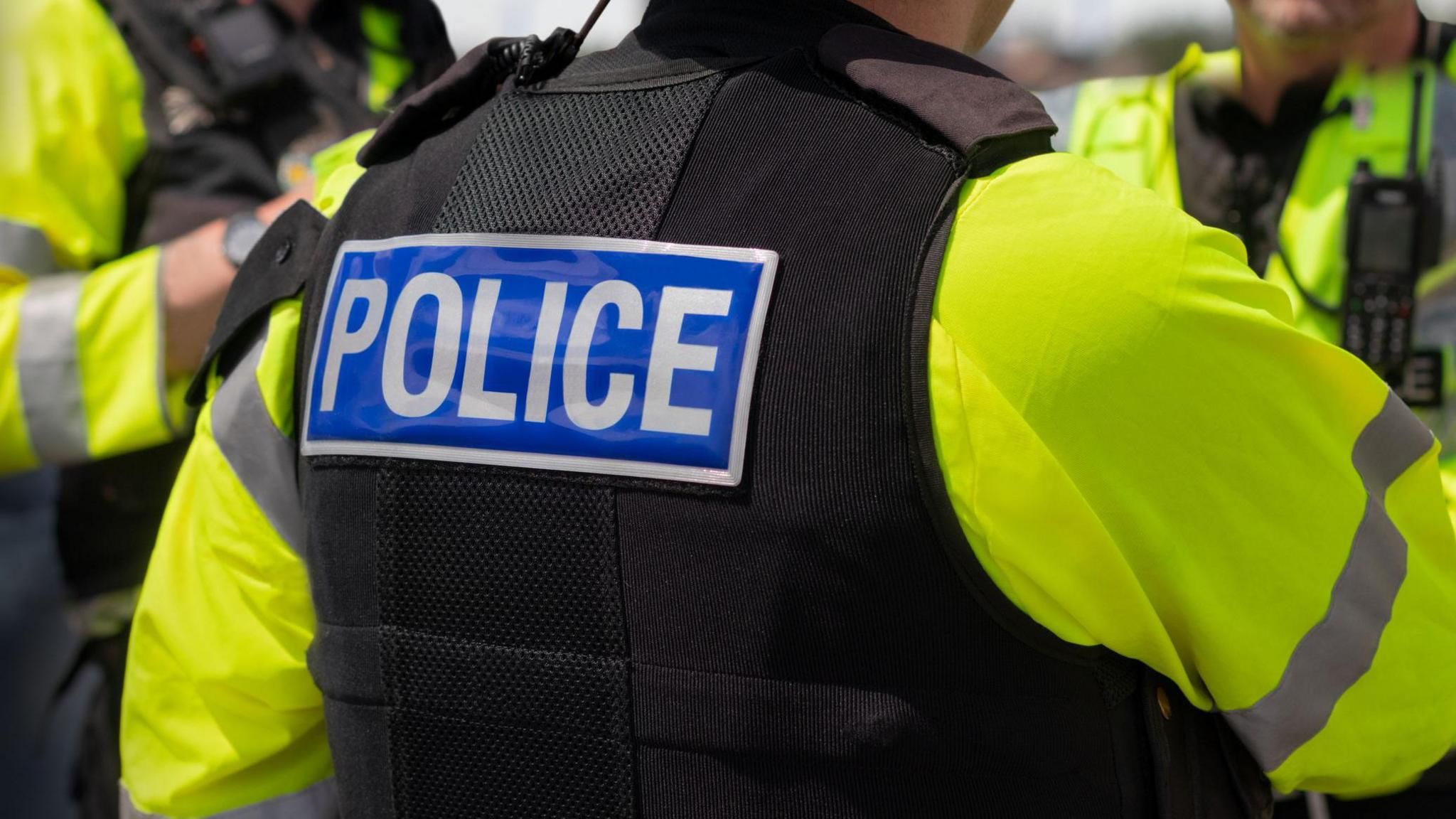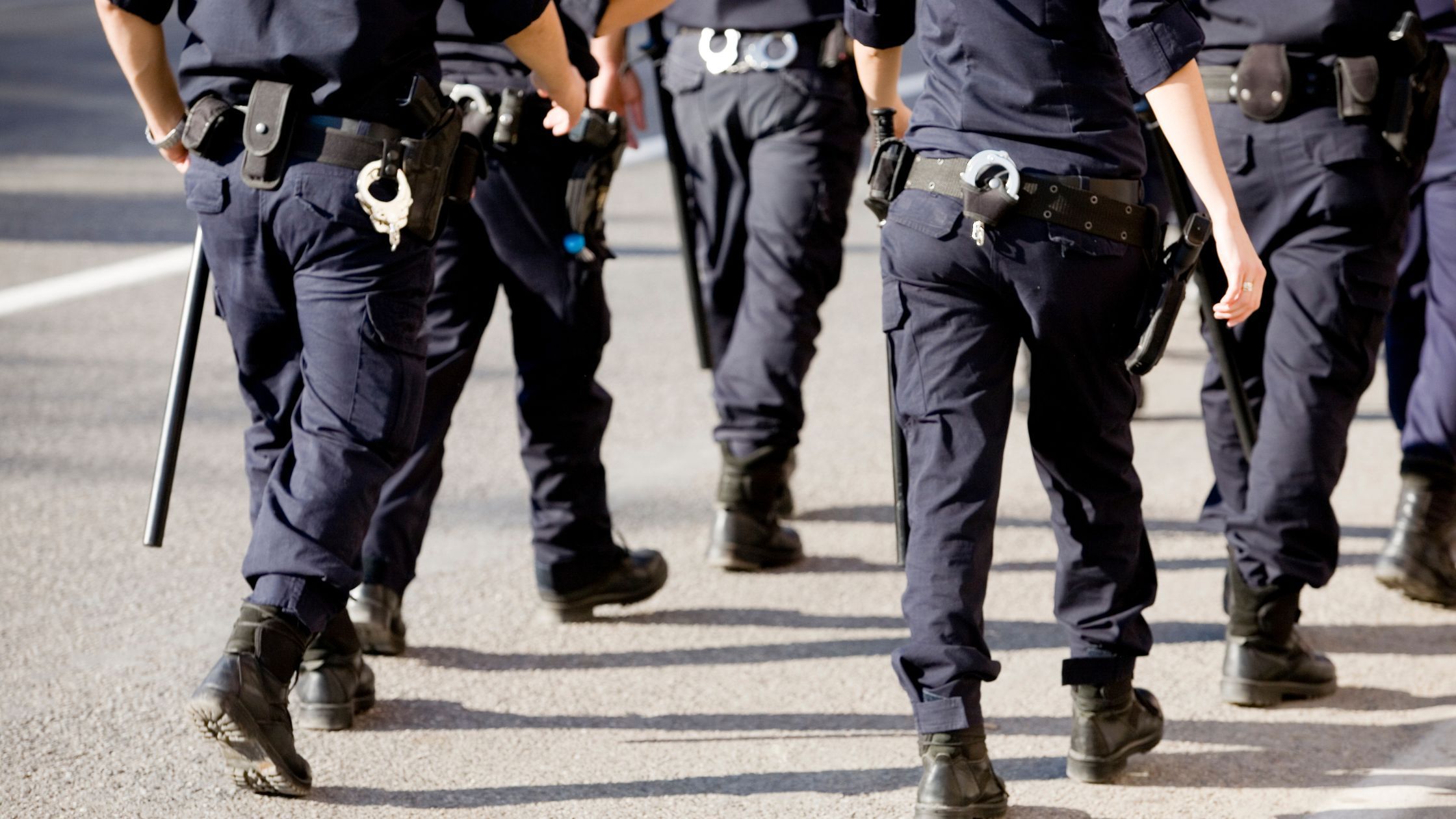Understanding your rights when dealing with the police is crucial, especially in the context of a "Stop and Account". This article provides a comprehensive overview of what Stop and Account entails, your rights during such encounters, and the appropriate actions to take. Remember, this information should not be considered legal advice. Each situation is unique, and consulting a specialist solicitor is recommended if you have any concerns about your experience with the police.
What is Stop and Account?
Stop and Account occurs when a police officer or Police Community Support Officer (PCSO) stops you and asks questions to understand more about your identity and activities. Common questions include:
- What is your name?
- What are you doing in this area?
- Where are you going?
- Where do you live?
- [If relevant] What is in your bag?
Do I Have to Answer These Questions?
Legally, you are not obliged to answer these questions. You have the right to refuse and walk away, provided you are not acting antisocially. The police cannot arrest you for simply refusing to answer during a Stop and Account. It is essential to remain respectful and calm to avoid any escalation.
Important Distinction: Stop and Search vs. Stop and Account
A Stop and Search or an arrest grants the police different powers compared to a Stop and Account. During a Stop and Search or an arrest, you cannot walk away, and different rights and obligations apply.
What Should the Police Do?
The police should clearly state the reason for stopping you, whether it's a Stop and Account or a Stop and Search. If you are unsure, ask the officer for clarification. Additionally, if the officer is not in uniform, they should present their warrant card to verify their identity.
What If the Police Consider I Have Behaved Antisocially?
If the police believe you are acting antisocially, they can ask for your name and address. Refusing to provide this information in such circumstances is a criminal offence, and the police have the authority to arrest you.
Are Stop and Accounts Recorded?
While some police forces make a record of Stop and Accounts, it is not consistently practiced. You can ask if a record is being made and, if so, request a copy for your records.
Summary of Your Rights
During a Stop and Account (assuming you are not behaving antisocially):
- You have the right to refuse to answer questions.
- You have the right to walk away.
- You have the right to ask for a record of the encounter.
- The police should not touch you.
- You should not be arrested for refusing to answer.
What You Should Avoid
- Displaying aggressive or antisocial behaviour: This can give the police lawful grounds to arrest you.
- Assuming the stop is a Stop and Account: Always seek clarity on why you are being stopped.
- Being dishonest: This can be construed as obstructing the police's investigation.
- Obstructing or hindering police actions: Cooperate calmly to avoid unnecessary complications.
Conclusion
When dealing with a Stop and Account, it is essential to know your rights and handle the situation calmly. If you have any concerns, request a copy of the record and seek independent legal advice from a solicitor.
Contact Us
At Hennah Haywood Law, we specialise in civil actions against the police. If you have any concerns or need expert legal advice, contact us today for a FREE claims assessment. We work on a no-win, no-fee basis and offer unique partnerships, including After The Event (ATE) insurance, to minimise your financial worries when making a claim.

